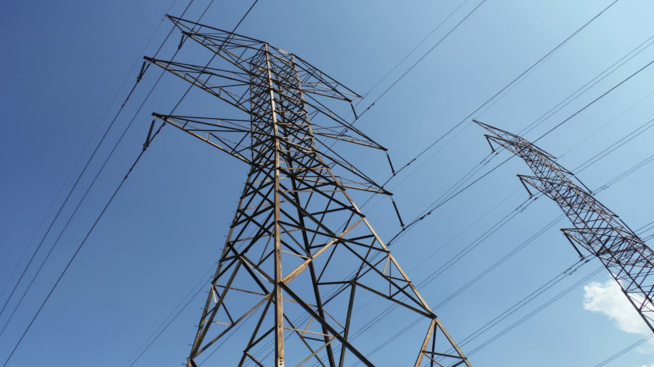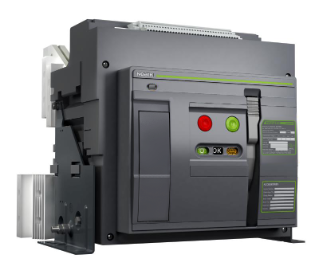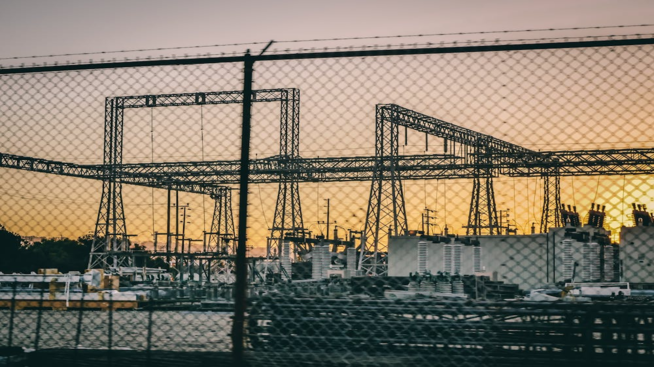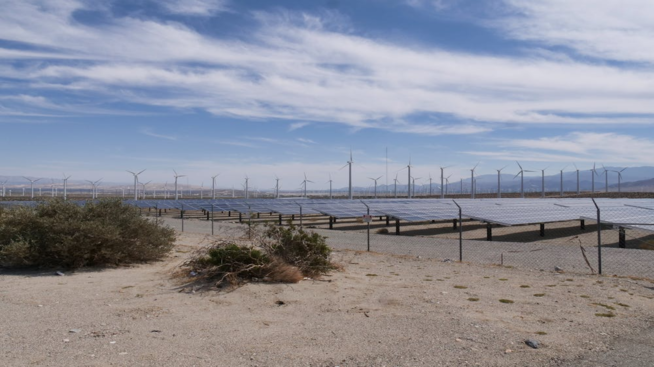Table of Contents |
In today’s digitalized world, data centers are the essential hub to ensure reliability and smoothness when computing is necessary. As the digital age continues to boom, higher demands are being placed on data centers, and businesses must vet prospective centers to ensure they provide a safe and consistent power supply.
What is an Ideal Data Center?
The ideal data center needs to provide you with certain critical characteristics that ensure your business can continue to not only run successfully but flourish. Many traits make up a great data center, with some of the most common being reliability, security, and scalability.
Reliability
You need a data center that will be consistent every day of the year. If the data center is unable to handle the demands of your institution, it can result in a diminished reputation for your company, decreased productivity, and lost business.
A reliable data center provider should achieve five 9s uptime. This means they are reliable at least 99.99% of the time.
Security
Security is an ongoing concern for any reputable business that knows that protecting their own assets and the sensitive data of their customers is of utmost importance. Having a data center that can show effective security solutions is an absolute must. You should get a hands-on evaluation of their security setup, both on a physical and cyber level.
Scalability
The ideal data center should be flexible and scalable to adapt to changing business needs. It should have the ability to expand without interrupting operations. Look for features like high ceilings, pillar-free open space, and reconfigurable structures. This flexibility allows operators to adapt to new technology trends and customer needs without perfect long-term forecasting.
How to Choose Your Data Center
Whenever it becomes time for your business to hire the services of a data center, it’s a crucial decision. It pays to take your time and evaluate numerous factors to ensure that the data center you choose ends up meeting all of your needs now and in the future.
Location
When it comes to the location of any prospective data center, you should choose one within driving distance from your business location. You never know when you may have a problem or need to visit the physical data center. It’s also a good idea to avoid data centers located in high-risk areas, such as those that experience hurricanes, earthquakes, or other natural events regularly.
Space
Physical space is another consideration that you should be looking at when evaluating prospective centers. They should have a number of different spaces that allow for optimal operation of their equipment without overheating. The best-rated centers will have a dedicated office space for business continuity and disaster recovery.
Network Connectivity
Another must-have attribute of any great data center is wide connectivity. They should offer many major network carriers so that you can choose which carrier and bandwidth works best for you. Avoid centers that only offer a select few carriers, as they won’t offer you the best versatility for your business.
Power and Cooling
Blackouts and brownouts happen from time to time. The center that you use should have a solid backup plan in place for dealing with these situations to ensure optimal uptime for your business operations. These power redundancies should include backup generators that keep your servers and connections running smoothly, regardless of what happens.
Safety Protocols and Compliance
Safety is the key to any successful relationship. You should be checking with any potential center to discover their safety protocols for not only cybersecurity but physical security as well. Additionally, it’s helpful to assess the center’s fire suppression systems and the overall layout of their equipment to ensure optimal operation safety.
Tech Support Availability
Tech support is a big necessity for any business. Even though things may run smoothly most of the time, there will always be issues that crop up. An around-the-clock data center that can handle your inquiries whenever problems arise is a must. Whether it’s a cyber threat or a simple data use question, the center should have a qualified technician to answer your every inquiry.
Cost
As with any investment for your business, cost is going to play a big role in the center that you choose to go with. It’s best to ascertain what the setup and ongoing costs will be for the services that your chosen center will supply. Most centers will offer additional services, like equipment setup, that you can use to make establishing your data much easier to deal with.
Articles you may be interested in:
Key Considerations for Specialized Requirements
Many different sectors of industry are heavily regulated. Some of the most common include healthcare, finance, and government. Choosing a center that is extremely familiar with the specialized compliance needs of your business is key. Not all centers may have this unique knowledge, which could cause you to violate regulated protocols.
It can be extremely helpful to consult an expert such as CHINT Global when it comes to finding a center for your highly regulated business. This can give you peace of mind that you’re finding a data center that will know the regulations you need to meet and ensure that you do so.
Conclusion
When you are faced with determining the right data center for your business, there are a lot of factors to consider. Consulting with CHINT’s experts can help you find the right center that creates a tailored solution to meet your business’s needs.
FAQ about Data Center
What's the difference between a public and private data center?
How do data centers ensure redundancy?




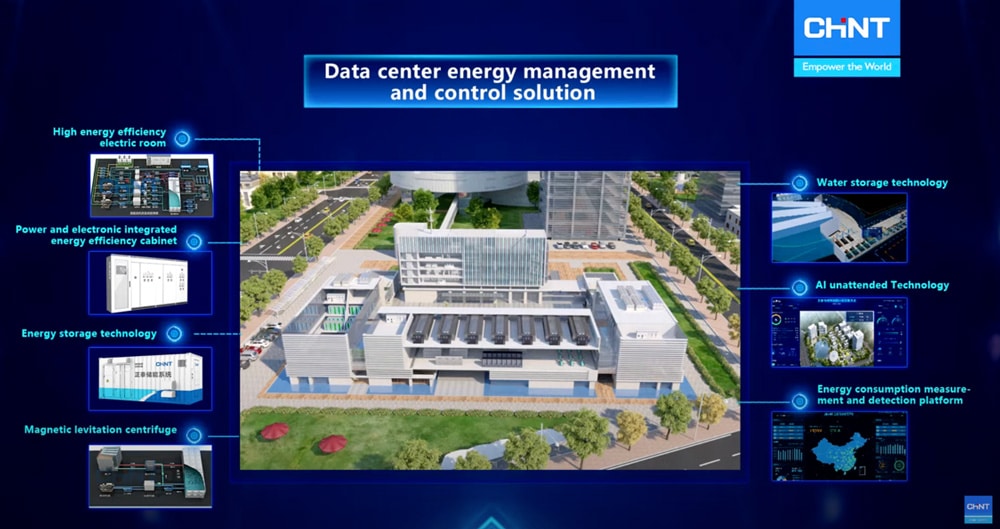
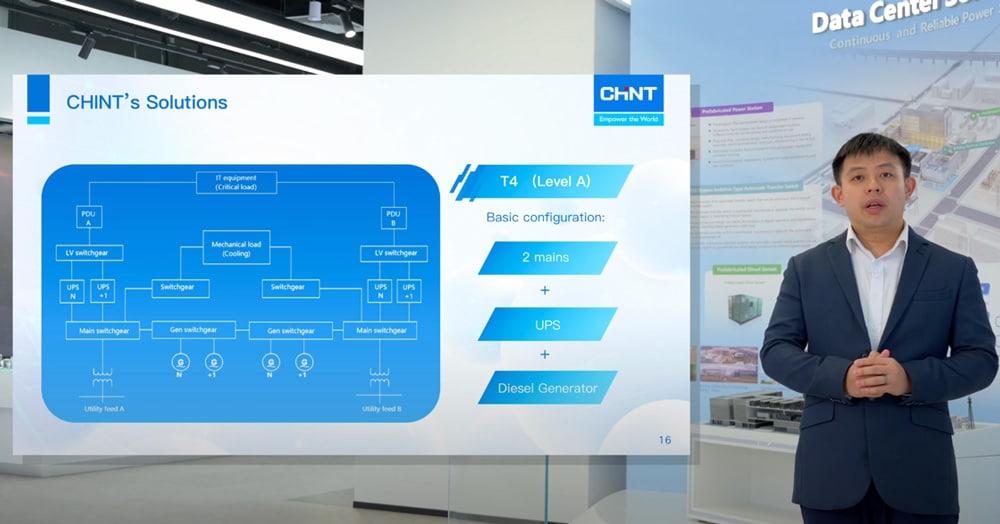
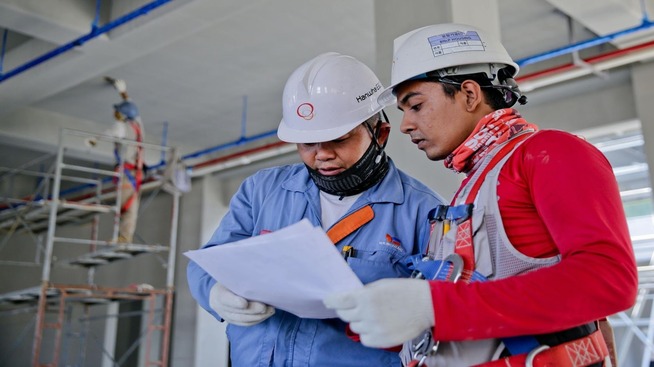
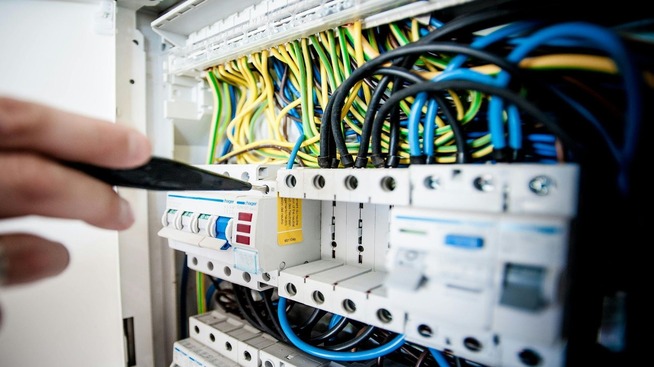
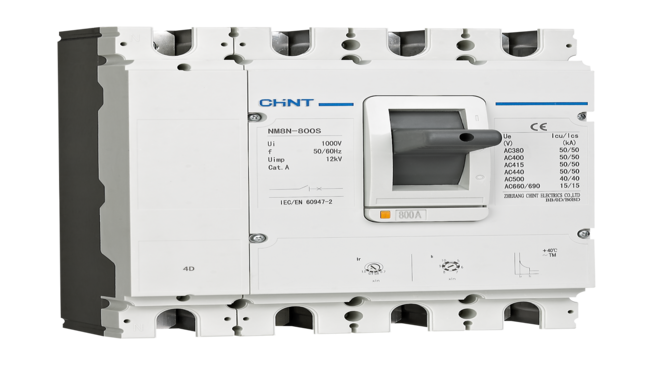
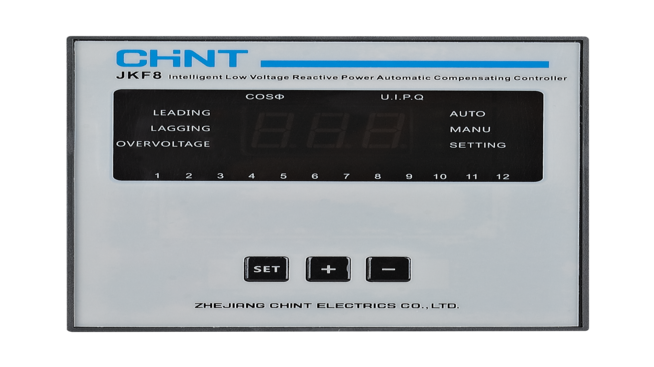
-metalclad-AC-enclosed-switchgear-banner.png)
